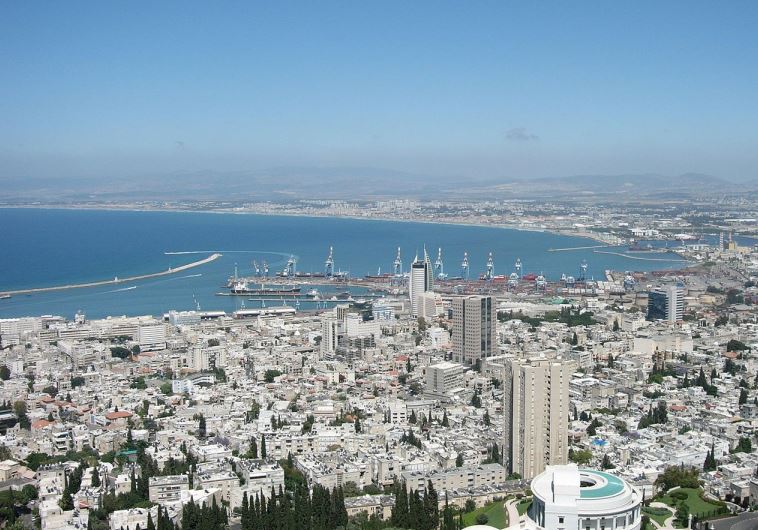Pollution, Hezbollah have residents of Haifa on edge due to ammonia plant
In a televised address, Nasrallah said that "Israelis fear that if we attack the Ammonia plant in Haifa, we could kill 800,000 residents."
 (photo credit: URIA ASHKENAZY/WIKIMEDIA COMMONS)Updated:
(photo credit: URIA ASHKENAZY/WIKIMEDIA COMMONS)Updated: